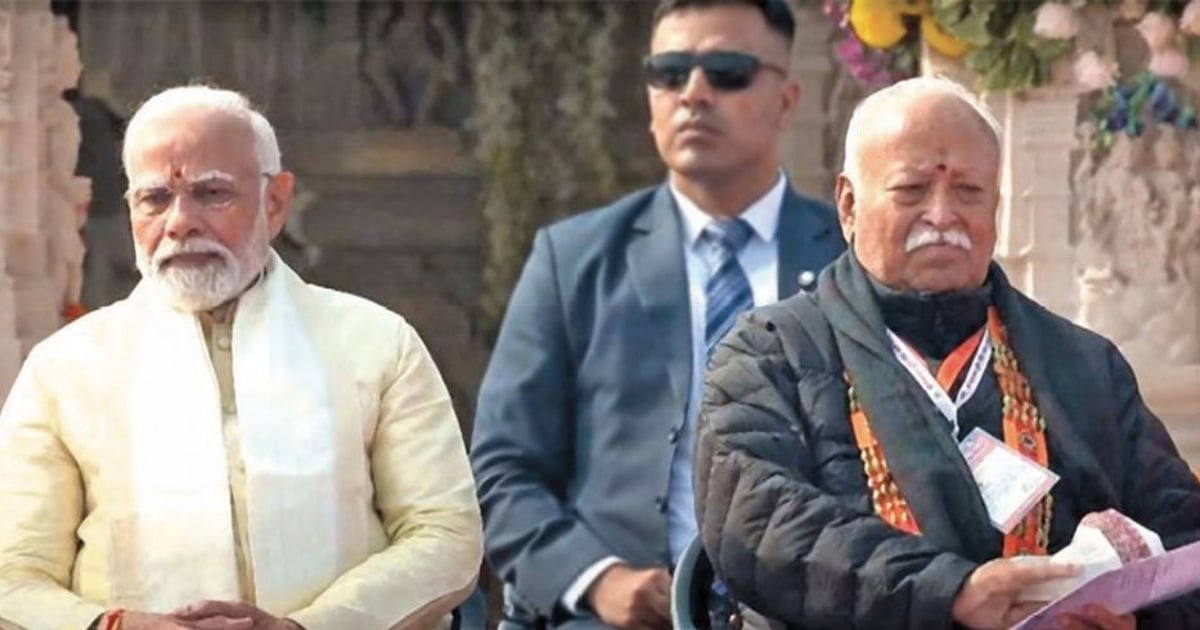
The ongoing debate surrounding the Uniform Civil Code (UCC) in India has gained renewed attention following Prime Minister Narendra Modi's recent address on August 15, 2024. In his speech, Modi asserted that the government would work towards changing India's personal laws to establish a secular civil code, claiming it would eliminate religious discrimination [58893d9e]. However, despite 15 years of BJP rule, no draft of the UCC has been produced, raising questions about the party's commitment to this promise [58893d9e]. Historically, the BJP has shifted its stance on personal laws, initially opposing reforms proposed by Dr. B.R. Ambedkar and later advocating for a UCC in its 1967 manifesto [58893d9e]. The party reiterated its promise of a UCC in its manifestos during the 2014 and 2019 elections, yet it has failed to legislate one [58893d9e].
The Nagaland Bar Association has expressed concerns about how central laws may conflict with Naga customs, highlighting the complexities involved in implementing a UCC across diverse cultural landscapes in India [58893d9e]. This raises further questions about the feasibility of a uniform code that respects regional traditions while promoting secularism. The timing of Modi's renewed commitment to the UCC is also under scrutiny, particularly given the BJP's current minority status in Parliament, leading some to speculate that the announcement may be more about political strategy than genuine legislative intent [58893d9e]. As the debate unfolds, the opposition is advised to await a concrete draft of the UCC before formulating a response, emphasizing the need for a thorough examination of the proposed changes to personal laws in India [58893d9e].